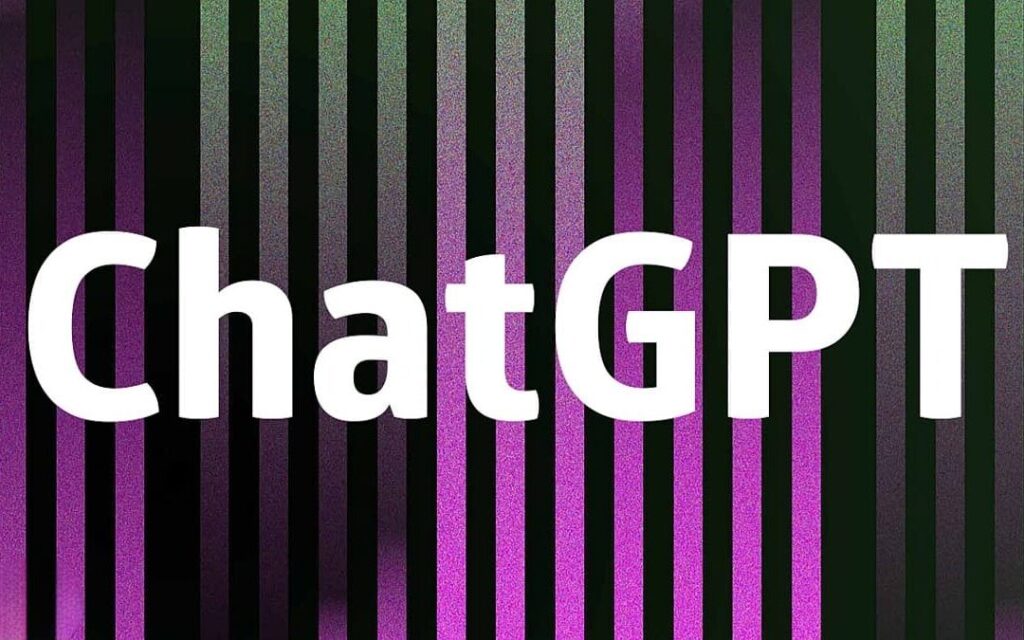ChatGPT
ChatGPT, an artificial intelligence model that processes and analyzes a vast amount of data and provides natural language answers to users, has been gaining popularity and attention in recent months. This technology is disruptive for various industries, including Google, the leading search engine. However, according to Morgan Stanley, the success of ChatGPT does not pose a significant threat to Google’s dominance, but it may lead to a reduction in Alphabet’s margins in the long term.
The bank predicts that the growing interest in artificial intelligence and next-generation online aggregators may force Google to accelerate the development of its own natural language model, LaMDA. This acceleration would lead to significantly higher capex and lower operating margins for Google. Therefore, the risk of disruption for Google lies in profitability.
Morgan Stanley estimates that the cost per search on ChatGPT is around $0.02, which is seven times higher than the cost of each of Google’s searches. The computational power required to store, analyze, and compile a large amount of text into natural language responses is very high, leading to higher costs for ChatGPT. While these costs may decline over time as the model’s efficiency increases, they are currently high.
The bank notes that Google’s cost per search has been increasing in recent years as it invests and integrates more artificial intelligence tools into its search engine. However, Google’s cost per search remains a fraction of ChatGPT’s cost. Morgan Stanley’s analysts estimate that for every 10% of Google searches that migrate to AI and natural language searches, the company’s opex would increase between $600 million and $11.5 billion, depending on the words per search. Alphabet would lose 1.5 percentage points in its operating margin at the midpoint of this range.
Another risk identified by Morgan Stanley is that Alphabet may not be able to monetize searches with AI models and natural language in the same way as Google’s paid searches. This presents a challenge for Google to continue to innovate and lead the market while protecting and delivering free cash flow to its investors in a weaker macroeconomic environment and lower growth in the ads sector.

